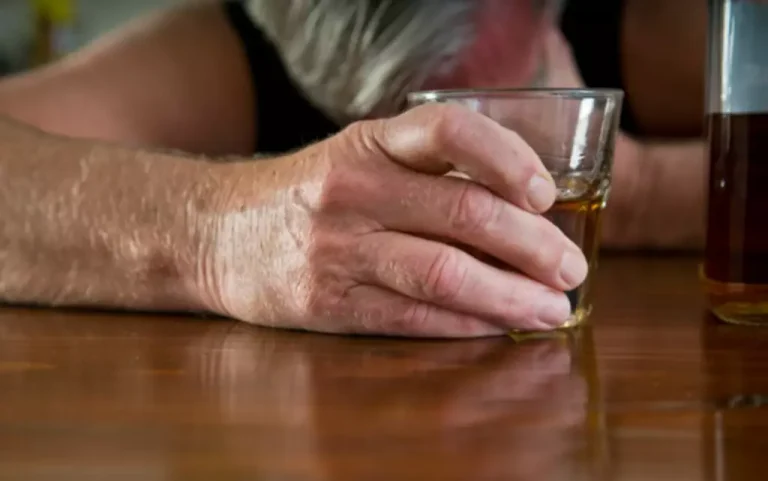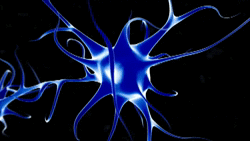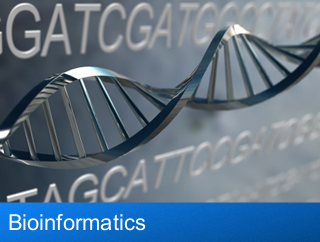
Substance abuse group therapy can facilitate healthy discussions about relatable topics in recovery. Additionally, you can use substance abuse group therapy activities for teens if you are working with a younger population. This gives the Counselor leading the group an opportunity to tailor the group activities to the current concerns of the group members. Structured activities within these groups are highly effective in promoting personal growth, enhancing self-awareness, and building strong community bonds that can bolster resilience. Lastly, substance abuse group activities can provide group leaders with an opportunity to provide psychoeducation in an interactive way that members respond to.
Cognitive Restructuring Activity
As therapists, we know loneliness can sometimes be a trigger for our clients. Another option for your substance abuse group activities, have the clients discuss being alone. Recognizing addiction as a chronic condition akin to other enduring health issues is essential. Consequently, relapse, or a return to drug and alcohol use, can be an inherent part of the recovery process. However, it’s crucial to understand that relapse should not be viewed as a treatment failure.
- In this activity, members create individualized relapse prevention plans, identify their specific warning signs, and develop strategies to seek support before a potential relapse.
- This topic encourages members to create a new, healthy identity, emphasizing positive traits, values, and goals to build a fulfilling life without substances.
- Effective group leaders can help create an environment where members can challenge each other in a productive manner while practicing these life skills.
Understanding the Impact of Substance Use on Health
Process groups are mostly unstructured with no singular topic of discussion. Theme groups are focused on support and finding commonalities between members. They tend to have more structure than process groups and focus on a single topic.
Thought Replacement Activity
By sharing methods, group members learn actionable ways to handle cravings effectively. Each topic encourages open conversation, personal insight, and practical strategies, creating a safe space for members to learn, connect, and empower each other on their journey to sobriety. These activities teach people in group ideas for substance abuse recovery to recognize and reframe negative thought patterns, enabling them to develop healthier coping mechanisms. Engaging in art, music, or writing within a supportive group setting encourages participants to explore their thoughts and emotions.

This topic teaches active listening, assertiveness, and nonverbal communication skills. Effective communication can strengthen relationships and foster supportive connections in recovery. This topic explores healthy techniques for managing cravings, such as deep breathing, physical activity, or connecting with a support person.
Yoga and Movement Therapy
- Social gatherings can be challenging in recovery, especially when substances are present.
- Dance and movement therapy is an experiential therapy activity that allows participants to express feelings through physical movement.
- This topic helps members design daily schedules that include self-care, work, and relaxation.
- She has provided psychotherapy in a residential treatment program and an outpatient addiction treatment facility in New York as well as an inpatient addiction rehab in Ontario, Canada.
This topic provides education on the health risks of addiction, helping members understand the importance of maintaining a healthy lifestyle. A growth mindset encourages individuals to view challenges as learning opportunities, which is especially valuable in recovery. This discussion emphasizes seeing setbacks as steps for growth, building resilience, and fostering a positive approach to personal development. This topic explores strategies for maintaining healthy, supportive relationships that encourage sobriety. Members learn how to set boundaries, communicate openly, and build trust with others.

Addiction recovery group activities are wonderful tools for achieving and maintaining successful, long-term sobriety. They are a form of group therapy available free of charge all over the world, with no membership requirements (other than the desire to lead a life free of substance abuse). Identifying and celebrating personal strengths can boost self-esteem and resilience. This activity helps members recognize qualities they may have overlooked and encourages them to draw on these strengths as they navigate their recovery journey. Yoga and movement therapy can reduce stress and improve physical and mental health. Members practice basic yoga poses and stretches to help connect mind and body, fostering relaxation and enhancing mood.
Understanding Self-Worth

Treatment centers use group interventions to help people recover from opioid addiction, alcohol use disorder (AUD), and other SUDs. It is always important for group members to discuss any current issues and get advice and support from other members of the group. Afterward, participants may be invited to share any surprising or revealing thoughts they had, if they feel comfortable doing so. Participants can share how they are practicing self-care to encourage and inspire their peers. Clients are given a judgment-free space and are encouraged to be open and honest to facilitate recovery and healing. As with all therapies, continuously assessing the efficacy of group activities and participants’ progress is vital for tailoring interventions.

Trauma triggers and crisis management
Social support is often instrumental in strengthening a commitment to sobriety and reducing the risk of relapse. Moreover, they can aid in addressing co-occurring disorders, or mental disorders that occur along with addiction, providing participants with valuable coping strategies. Group mindfulness practices and relaxation techniques, such as yoga or tai chi, significantly benefit people in all stages of recovery, offering a form of self-care. This article will cover what group therapy is and some of the more common types of group therapy and activities used for addiction treatment.











